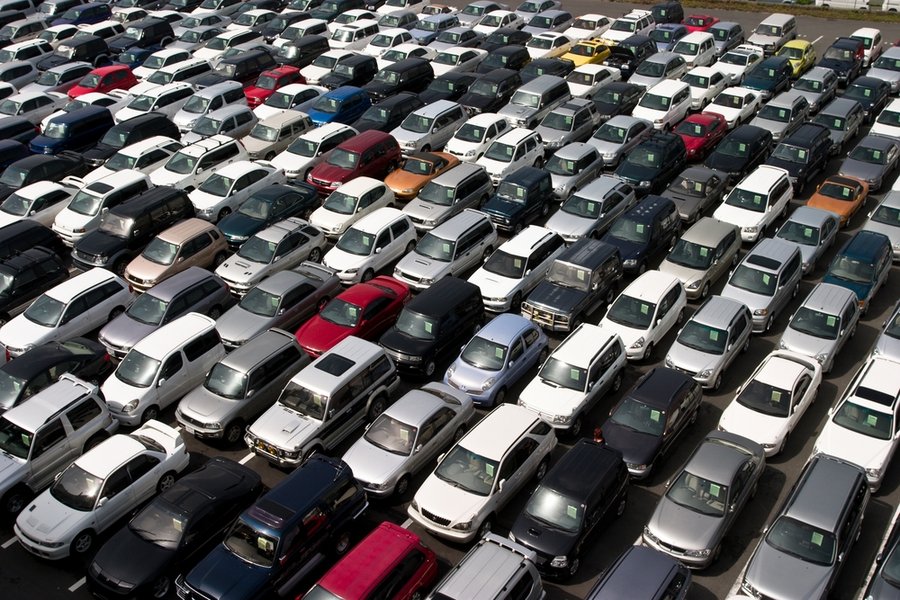Automakers Stay in Russia Despite risk of High Losses

With price increases failing to match the ruble’s decline, foreign automakers can lose as much as $2,000 on each vehicle sold, according to Vladimir Mozhenkov, chief of the Russian Association of Automobile Dealerships.
The willingness to take a hit in Russia stems from the prospects of the market bouncing back. As recently as 2011, Russian President Vladimir Putin boasted that the country’s car market could surpass Germany as Europe’s largest by next year.
“It’s easy to abandon the market, but not easy to come back,” Mozhenkov, who represents car dealerships accounting for 40 percent of Russian sales, said in an interview.
General Motors became the first major automotive casualty, announcing plans Wednesday to pull its Opel brand as well as mainstream Chevrolet models from Russia. The move will cost the U.S. automaker about $600 million.
Subsidized Russian car sales generated losses of $800 million to $900 million for international auto manufacturers in the final two months of 2014 alone, the association estimates. With the economy on the brink of recession, the situation has further deteriorated since. Car sales dropped 38 percent in February in what Russia’s Association of European Businesses said was “only the beginning.”
Ford strategy
Others are also feeling the pain. Mozhenkov said that Ford is in a “very bad situation” because it “chose the wrong price segment.” That’s causing Ford dealers to close or switch to other brands, including Chinese nameplates, he said, adding that PSA/Peugeot-Citroen and Honda Motor Co. also face competitive challenges.
Still, Ford is ready to stick it out. CEO Mark Fields said in January that the carmaker planned to continue rolling out new models in the market. Elizaveta Novikova, a spokeswoman for Ford’s Russian joint venture, said the company will keep offering new products and work to localize the production to reduce currency risks.
Russia’s Association of European Businesses, which tracks car and light-vehicle sales, forecasts that industrywide deliveries will fall 24 percent this year after declining 10 percent in 2014.
The market’s collapse is especially difficult for the people who have invested about $15 billion in the Russian car-sales network over the past 15 years. If the market declines as forecast, about 25 percent of Russia’s dealerships could close, causing as many as 80,000 people to lose their jobs, Mozhenkov said.
Related News


